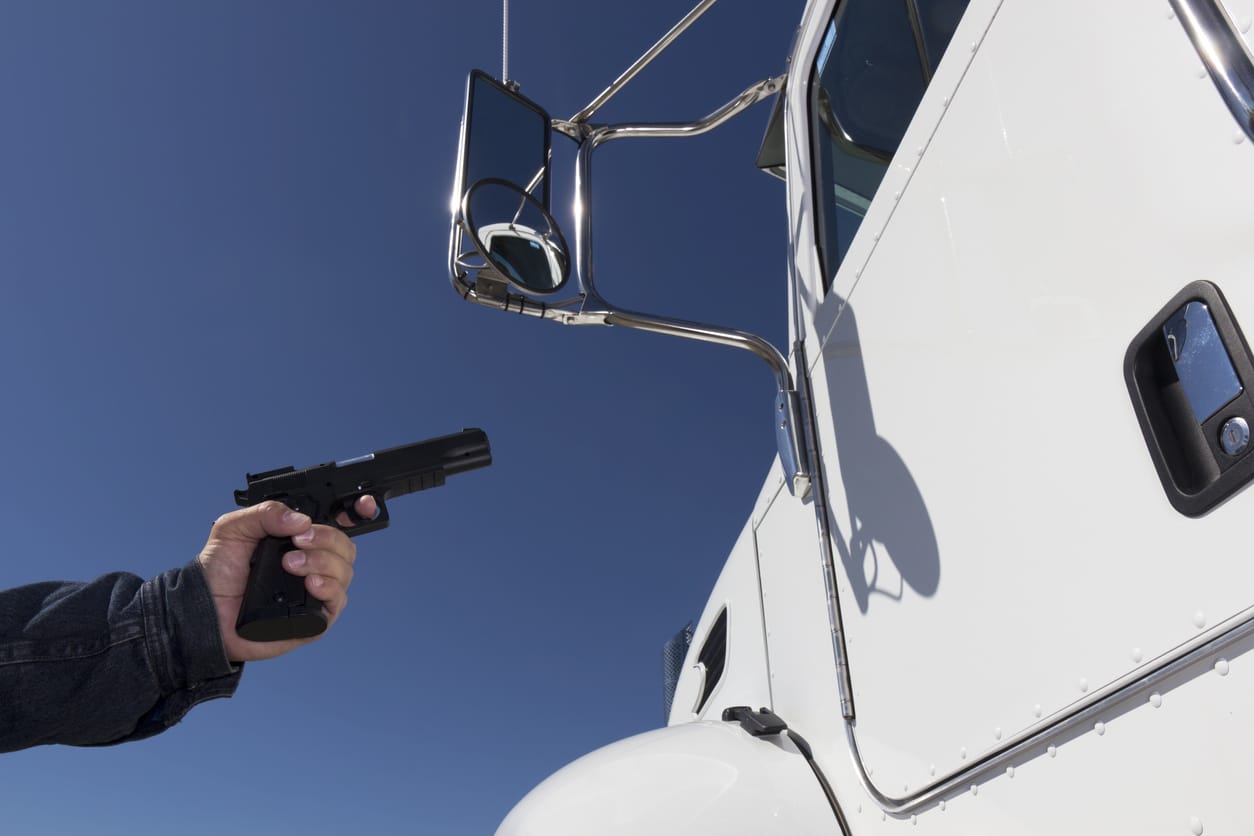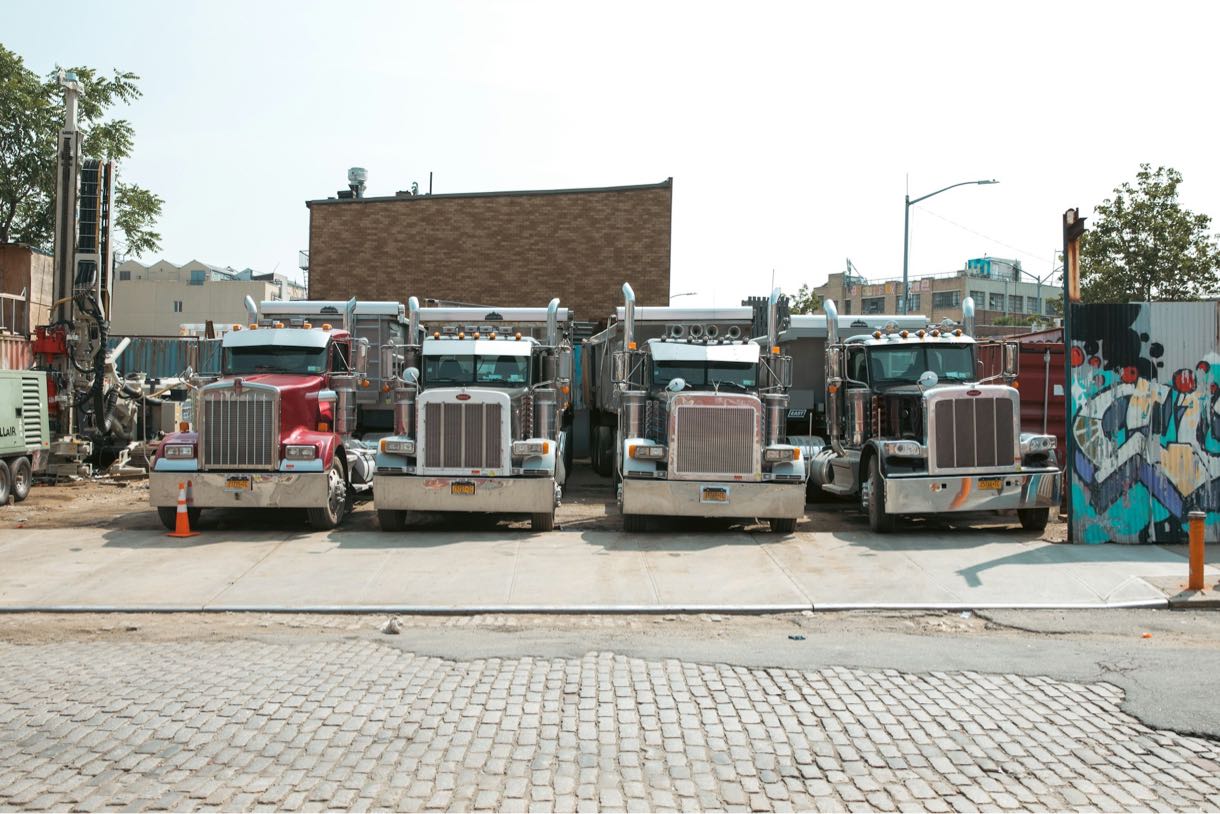Few sectors in the era of fast technological growth are immune to the promise of automation. At the nexus of history and innovation is the trucking industry, a pillar of the American economy. Visions of driverless cars effortlessly delivering commodities and cargo across the country dominate headlines as tech companies compete to create and deploy autonomous trucks. These depictions frequently present an idealized world in which traffic accidents are a thing of the past and productivity soars to new heights. However, there are complexities and a variety of perspectives that need to be heard, as with any substantial change.
The voice of the industry’s lifeblood, the trucker, is one such voice. Their practical knowledge, gained over many kilometers on various terrains and inclement weather, provides priceless insights into the discussion. Truckers offer a sober viewpoint, underlining both the potential advantages and the very real hurdles of incorporating autonomous technology into the trucking industry, whereas the media narrative may swing between wild enthusiasm and skepticism. Understanding these people’s experiences, worries, and hopes is crucial to comprehending the larger effects of this technological revolution. It’s important to have an open mind as we learn more about the subject and acknowledge the complexity of the shift to autonomous trucking.

- The Technology’s Promise: Media outlets frequently present autonomous trucks as the ideal solution to transportation issues, implying that they would completely eradicate accidents and significantly boost productivity.
- Keeping the Narrative in Balance: Although some accounts are largely positive, other media segments seek the opinions of actual drivers to provide a more balanced viewpoint on the issue.
- The Possibilities for Driver Assistance: The promise of driver assistance technology to improve safety and lessen driver tiredness is acknowledged by Doug Smith, a member of the OOIDA Board.
- Autonomous Trucks have Several Limitations: Smith questions if completely autonomous, 80,000-pound trucks could safely navigate roadways without assistance from humans.
- Problems with the Weather: Smith draws attention to the technology’s possible incapacity to function in bad weather, particularly in icy areas north of Interstate 40.

- Profitability and Efficacy: Companies like Aurora highlight how autonomous vehicles have the ability to significantly cut down on travel times, highlighting instances like shipping fruits from California to Dallas in only 24 hours.
- The True Motivation: Although safety is frequently highlighted as a key advantage, for many businesses, increasing profitability is the driving force. Significant cost reduction opportunities are presented by the prospect for doubling daily mileage.
- Safety Claims that are Unrealistic: There have been disastrous failures of automation even if promises of zero fatalities with autonomous cars have been made.
- Real-World Case Studies: Another OOIDA board member, Linda Allen, expresses worry about unforeseen events, such as an autonomous truck reading a state trooper’s hand gestures after an accident.
- The Myth of the Driver Shortage: Smith argues that the underlying problem is driver retention, challenging the idea that autonomous trucks are the solution to a driver shortage.
- Motives Stemming from Money: Fast deployment of autonomous transportation technology is a priority for businesses under financial strain.
- The Value of Truckers’ Voices: When determining the direction of the trucking business, authorities and politicians must take the opinions and worries of truck drivers into account.
- Prolonged Effect: The economy as a whole and the trucking industry will be impacted by decisions taken today that will have a long-term impact on the adoption of autonomous vehicle technology.

The autonomous truck industry is a rich tapestry of invention, optimism, skepticism, and sincere worry. On the one hand, there is the overwhelming pull of technical development, which promises unmatched profitability and efficiency. It is definitely enticing to imagine autonomous vehicles crisscrossing the country, speeding up deliveries, and increasing corporate profitability. But it also raises a number of issues and problems of its own, as with any great step ahead. Can we really guarantee the safety of these self-driving monsters on our roads? How will they perform in erratic real-world situations, such as abrupt weather changes and unforeseen roadblocks?
On the other hand, the opinions of seasoned truckers, who make up the basic foundation of the sector, present a realistic viewpoint. Their observations, gained from years of travel, provide light on possible problems and obstacles that tech aficionados might not immediately see. It is impossible to dismiss worries about safety, the viability of autonomous vehicles in various scenarios, and the potential effects on the transportation industry. It is crucial that these voices be not just heard but actively included in the decision-making process as we stand at this pivotal juncture and map the future of the trucking sector. The people who have contributed to trucking’s success throughout the years are just as important as technology in the future of the industry.

The Ship A Car, Inc. Commitment Goes Beyond Shipping In the world of vehicle transportation, Ship A Car is more than just a brand; it is a symbol of integrity, dependability, and superior service. They have established themselves as the industry’s go-to specialists throughout the years by carving out a place for themselves. Every vehicle is treated with the highest care and skill, whether it is a classic beauty or a cutting-edge autonomous truck. Their sole focus is to care for each car as if it were their valued property. Their website is a tribute to their devotion, providing a variety of details that highlight their openness and drive to quality.
Why They’re the Gold Standard in US Vehicle Transport Ship A Car, Inc. stands out as the clear winner in the US’s sea of competitors for automobile transportation. Their broad range of services, which cover anything from hauling heavy equipment and machinery, moving large-scale commercial fleet migrations to the relocation of individual vehicles, can meet a wide range of demands. Their knowledge includes heavy machinery as well as motorcycles, ATVs, UTVs, golf carts, sports cars, antiques, SUVs, trucks, gourmet food trucks, and historical treasures. With its ability to adapt and outperform, Ship A Car is prepared to take the lead as autonomous car technology matures. Their competitive advantage comes from their extensive carrier network, prompt delivery, and steadfast commitment to safety. The actual magic, though? They are able to meet each client’s specific demands, even under difficult circumstances, because to their in-depth grasp of the complexities of the sector.
Your Vehicle’s Next Journey Begins Here Consider moving your car? Give the experts the reins. With the knowledge, the crew, and the motivation to make sure your vehicle travels without a hitch, Ship A Car, Inc. reins as the supreme car shipping company. Don’t take a chance on something so important; rely on the professionals. For a quick consultation, contact them using their user-friendly online contact form. Simply call (866) 821-4555 if you’d like a direct discussion. Their knowledgeable transport coordinators are standing by, ready to assist you and guarantee your piece of mind and a silky smooth transportation experience.
Q: Are autonomous trucks safe for all weather conditions?
A: Current technology has limitations, especially in adverse weather conditions like snow. It’s essential to consider these factors when evaluating the feasibility of autonomous trucks.
Q: Is the push for autonomous trucks driven by a driver shortage?
A: While some argue that autonomous trucks can address driver shortages, others, like Doug Smith, believe the real issue is driver retention, not a lack of new drivers.
Q: How do truckers view the integration of driver assist technologies?
A: Many truckers, including OOIDA Board Member Doug Smith, see the potential of driver assist technologies in enhancing safety and reducing fatigue. However, there’s skepticism about fully autonomous trucks navigating roads without human intervention.
Q: How does Ship A Car, Inc. ensure the safety of vehicles during transport?
A: Ship A Car, Inc. is committed to the highest safety standards. They treat every vehicle as if it were their own, ensuring it reaches its destination in pristine condition. Their vast network of carriers and focus on timely deliveries further enhance their safety protocols.
Q: Why should I choose Ship A Car, Inc. for transporting my vehicle?
A: Ship A Car, Inc. stands out due to its legacy of trust, reliability, and unparalleled service. Whether you’re transporting a personal vehicle, a classic car, or even an autonomous truck, their commitment to excellence ensures a seamless experience. Their vast range of services and dedication to customer satisfaction make them the premier choice in the US.




